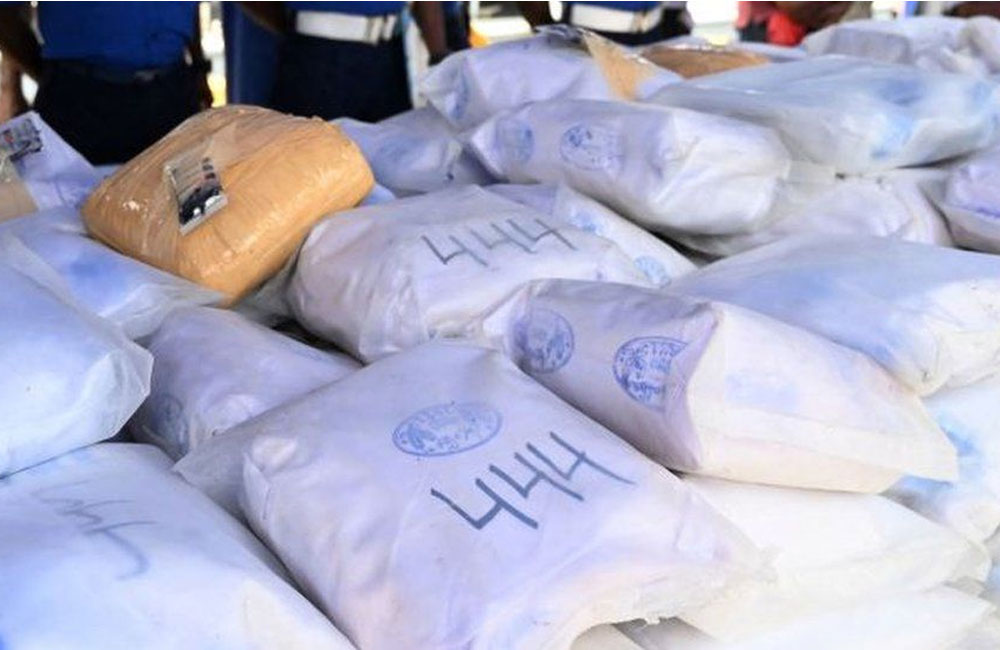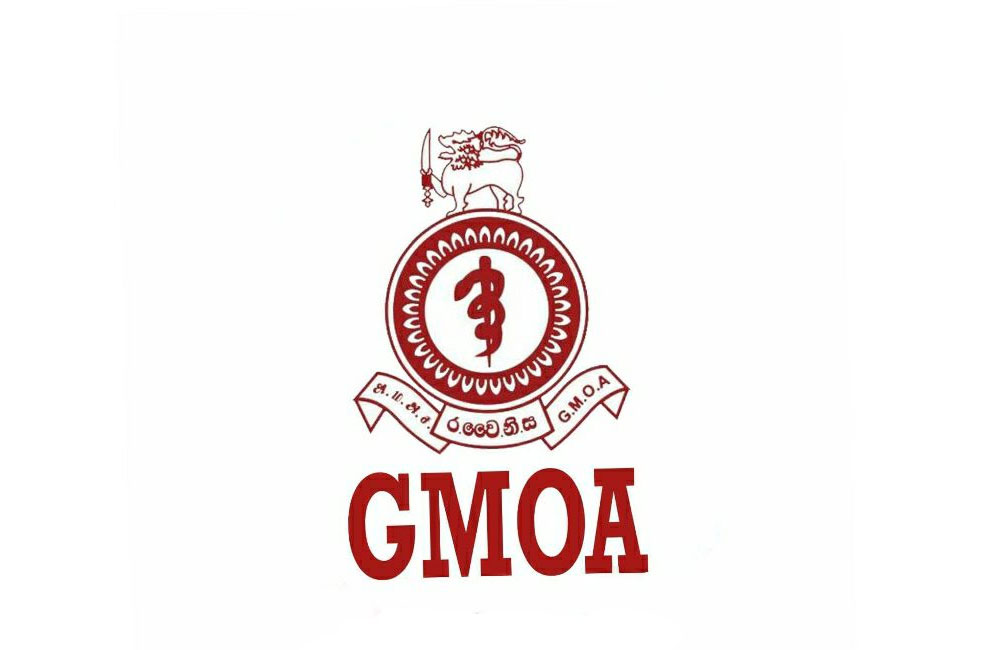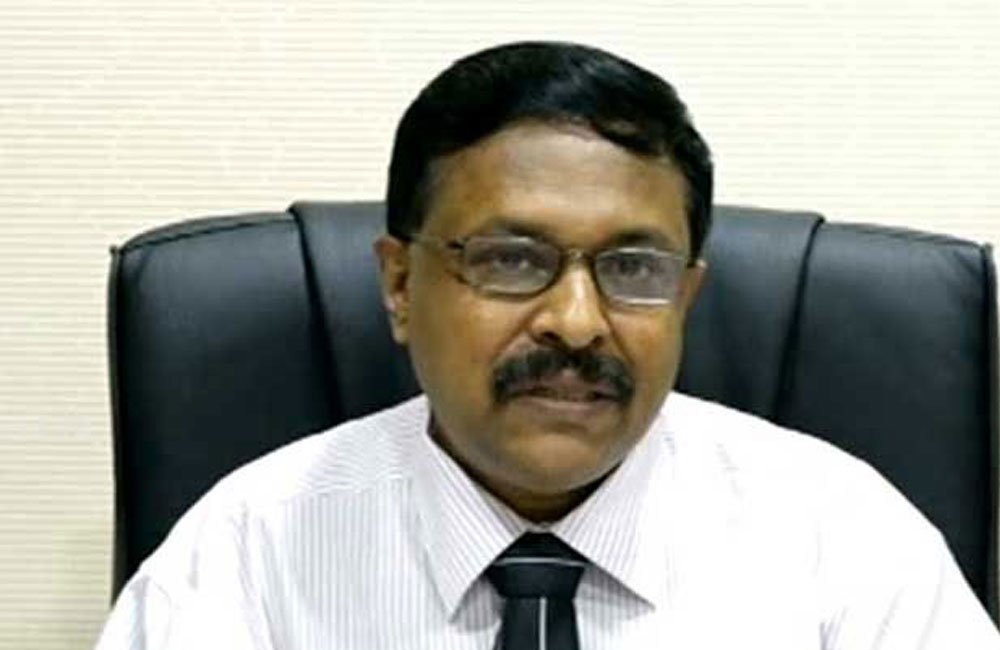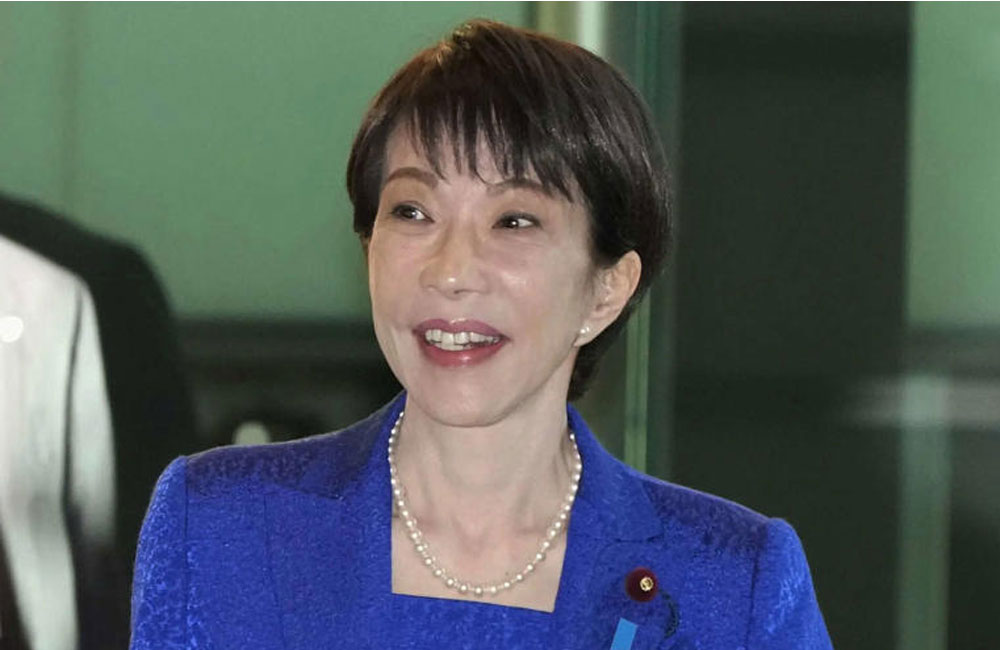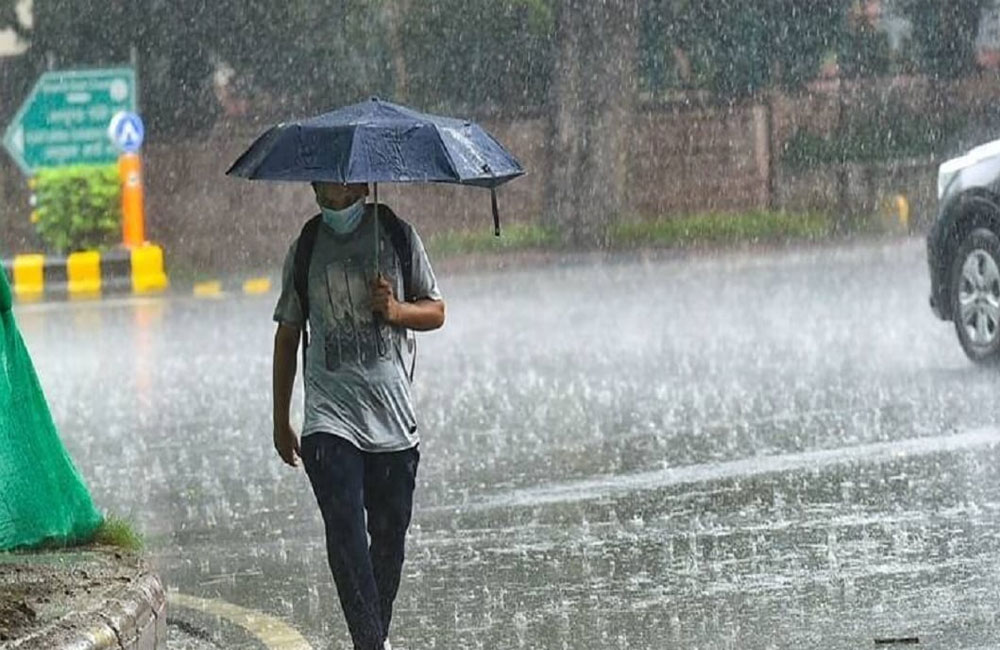Prime Minister Dr. Harini Amarasuriya and her delegation arrived back in Sri Lanka this morning (23 January) following a four-day official visit to Davos, Switzerland, where she participated in the 2026 Annual Meeting of the World Economic Forum.
Held from January 19 to 22, the summit provided a platform for the Prime Minister to engage in in-depth discussions with global political leaders, heads of international financial institutions, and senior business executives on shaping Sri Lanka’s long-term economic direction.
The Prime Minister was accompanied by Minister of Labour and Deputy Minister of Finance and Planning, Dr. Anil Jayantha Fernando, along with a senior-level delegation.
According to the Prime Minister’s Office, a key outcome of the visit was a series of bilateral meetings with International Monetary Fund Managing Director Kristalina Georgieva and Asian Development Bank President Masatsugu Asakawa, focusing on continued support to strengthen Sri Lanka’s financial stability.
Dr. Amarasuriya also held discussions with several prominent international figures, including Singapore President Tharman Shanmugaratnam, European Commission President Ursula von der Leyen, and UNDP Administrator Alexander De Croo, further enhancing Sri Lanka’s diplomatic engagement and global standing.
On the policy front, the Prime Minister delivered a special address at the “World Women Davos Agenda 2026” and took part in high-level dialogues addressing employment challenges in emerging economies and global skills development.
In addition, she participated in a senior-level session at the Global Tourism Forum, where she outlined Sri Lanka’s vision for the future growth of its tourism industry.
As part of efforts to attract investment, the Prime Minister met with executives from international firms including AP Moller-Maersk, engaged with the Swiss business community, and visited vocational training institutions in Switzerland to study best practices.
She also held discussions with Sri Lankan entrepreneurs based in Switzerland, encouraging their involvement in national development initiatives.
The Prime Minister’s Office stated that the visit marked a significant step in strengthening international cooperation and advancing Sri Lanka’s economic and development agenda on the global stage.


